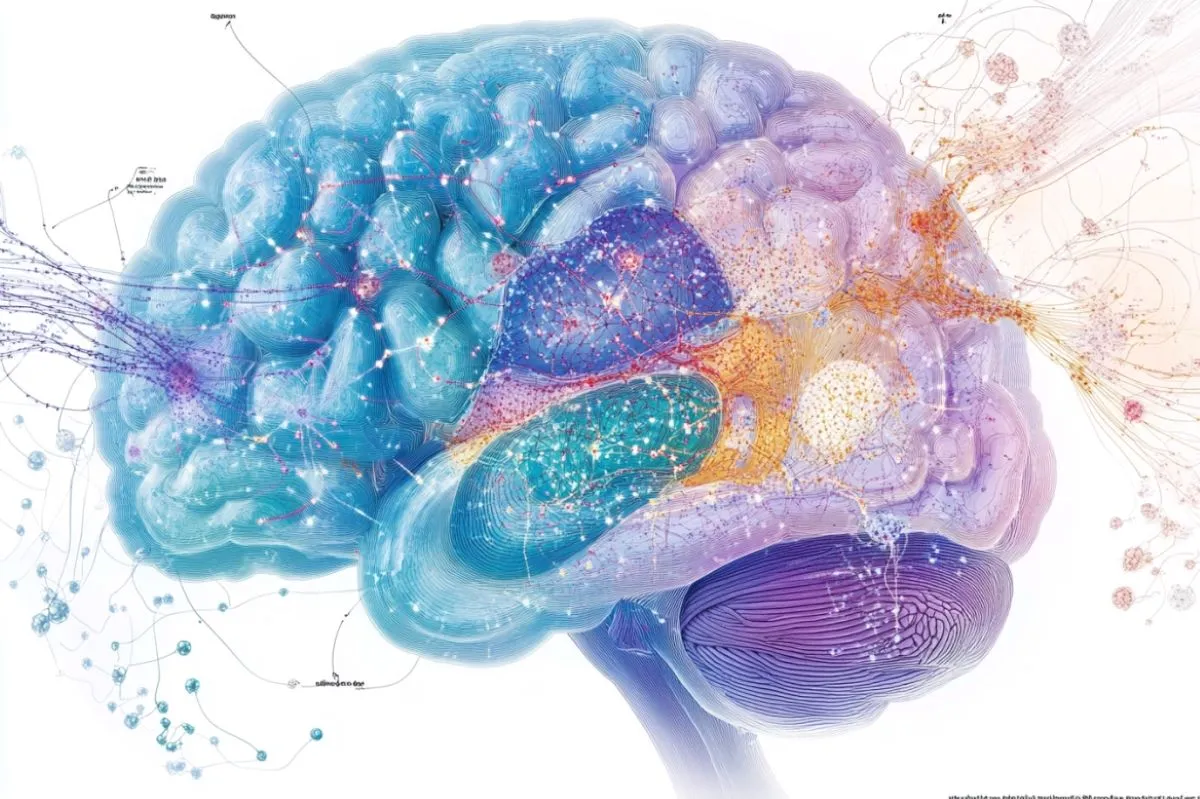Understanding Alzheimer's Disease: The Role of Salience Network Disruption in Dementia Behavior

Understanding Alzheimer's Disease and Behavior Changes
Recent findings reveal that disruptions within the brain's salience network are significantly associated with behavioral changes in patients suffering from early-stage Alzheimer's Disease. This research highlights the interplay between neurobiology and behavioral neuroscience, suggesting that the tau protein buildup may be a pivotal factor.
The Implications of Salience Network Disruption
By examining the salience network, researchers are paving the way for new interventions that could mitigate behavior alterations in dementia patients.
- Behavioral Neuroscience plays a key role in understanding these changes.
- Research from Michigan Medicine supports the correlation between tau buildup and behavior.
- Enhanced neurology insights could lead to better care strategies.
Disclaimer: The information provided on this site is for informational purposes only and is not intended as medical advice. We are not responsible for any actions taken based on the content of this site. Always consult a qualified healthcare provider for medical advice, diagnosis, and treatment. We source our news from reputable sources and provide links to the original articles. We do not endorse or assume responsibility for the accuracy of the information contained in external sources.
This article was prepared using information from open sources in accordance with the principles of Ethical Policy. The editorial team is not responsible for absolute accuracy, as it relies on data from the sources referenced.